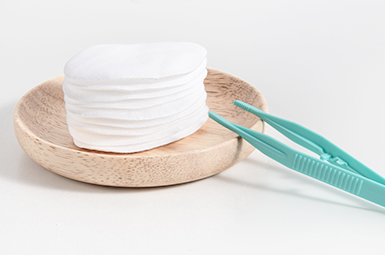18/10/2022
ByWinner Medical
 12320
12320
 Event
Event
Using good wound care supplies will help you provide better care for wounds. But how do you choose the right ones? Understand the five important factors that affect Wound Care Supplies and know what to consider when choosing wound care supplies!

Top 5 factors that affect wound care supplies
Choosing the right wound care supplies can make a big difference in the quality of your wound care. Here are five factors that you should consider when shopping for wound care supplies:
1. Type of Wound: Injuries that occur on the skin or mucous membranes require different types of supplies than injuries that occur in deeper layers of the skin (like a bone fracture).
2. Size and Complexity of Wound: A complex wound may require more specialized supplies than a simple wound. For example, a wound that is contaminated may require antibiotics to prevent infection, whereas a simple wound does not need antibiotics.
3. Location of Wound: Specialty supplies (such as dressings or bandages) may be required for wounds on specific body parts, such as the head or neck.
4. Severity of Wound: The severity of a wound can affect the type and quantity of supplies that are necessary. For example, a minor cut requires only Band-Aids, but a major cut may necessitate stitches or surgery.
5. Patient's Age and Comorbidities: Older patients or those with comorbidities (health conditions that may be caused by disease or injury) can need more specialized supplies (e.g., intravenous solutions, and blood pressure cuffs).
How to choose the right wound care supplies
When it comes to wound care supplies, it is important to do your research. There are a lot of factors that you need to take into account when selecting the right supplies for your needs.
Some of the factors that you will need to consider include the severity of the injury, the type of wound, and your personal preferences. It is also important to keep in mind the budget you are working with.
Here are some tips on how to choose the right wound care supplies for your needs:
First, determine the severity of the injury. This will help you identify which supplies you will need. For example, a minor injury may only require and-Aids while a more serious injury may require stitches or surgery.
Then, determine the type of wound. You will need different supplies for different types of wounds. For example, a cut requires different supplies than an infection does.
This post covers the various elements that influence wound care supplies as well as guides on how to select the appropriate supplies to meet the requirements of each patient. If you continue to have questions or concerns, please contact Winner Medical and our team will be available there to help you!